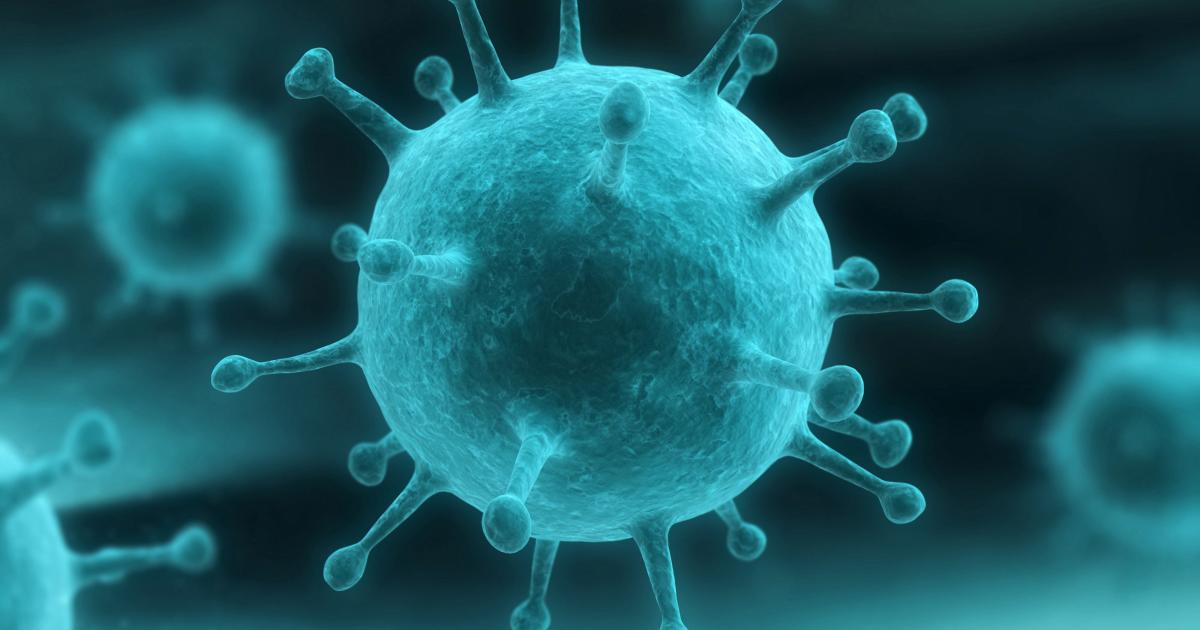Ever wondered about protecting yourself against meningitis? Learn about the options, benefits, and risks of meningococcal vaccines:
Insights
The Centers for Disease Control and Prevention (CDC) issued updated requirements for all providers in the Vaccines for Children (VFC) program in 2018, including continuous temperature monitoring devices.
Influenza, better known as the flu, is a highly contagious virus that attacks the respiratory system. If you find yourself sick with flu-like symptoms, it is recommended that you remain at home and avoid contact with people except medical personnel.
The first documented method of vaccination came from Edward Jenner in 1796. Today, the list of vaccine preventable diseases has grown from one to 24. Learn about which vaccines are recommended to keep you and your loved ones safe:
The CDC and the FDA work hand in hand to monitor the effectiveness and safety of vaccines. Learn about the protections in place to maintain vaccine safety.
Many people find themselves coughing and sneezing their way through the winter season, but how do you know when things start to get serious? Learn how to distinguish between symptoms of the flu and the common cold, and when to see a health professional:
As part of the National Childhood Vaccine Injury Act of 1986 (NCVIA), health professionals and vaccine manufacturers are able to report adverse events that occur following a routine vaccine injection. In response, the Center for Disease Control and Prevention (CDC) and the Food and Drug Administration (FDA) created the Vaccine Adverse Event Reporting System (VAERS) in 1990 as a means for tracking this information. Learn more about the VAERS program:
In the U.S., flu season typically runs from October to May, most commonly peaking between December and March. During the 2016-2017 flu season alone, 145.9 million people were vaccinated against influenza. Although modern medicine has significantly impacted the number of people affected by the flu, there was a time when tens of millions around the globe felt its reach. While vaccination is an effective course of preventative treatment, protection is not guaranteed. To boost protection, try the following recommendations:
Human Papillomavirus (HPV) is a group of more than 150 related viruses, each corresponding with a unique number to denote the HPV type. The CDC estimates that 14 million people are infected with HPV each year. Although most cases of HPV can be resolved without medical intervention, in some instances the virus can lead to more significant complications, like cancer.
Thanks to advances in vaccine medicine, we live in a world where our immune systems can be taught to fight off a disease before we fall ill. As adults age, however, their immune systems begin to weaken, limiting the response to infectious bacteria and viruses in their bodies.










